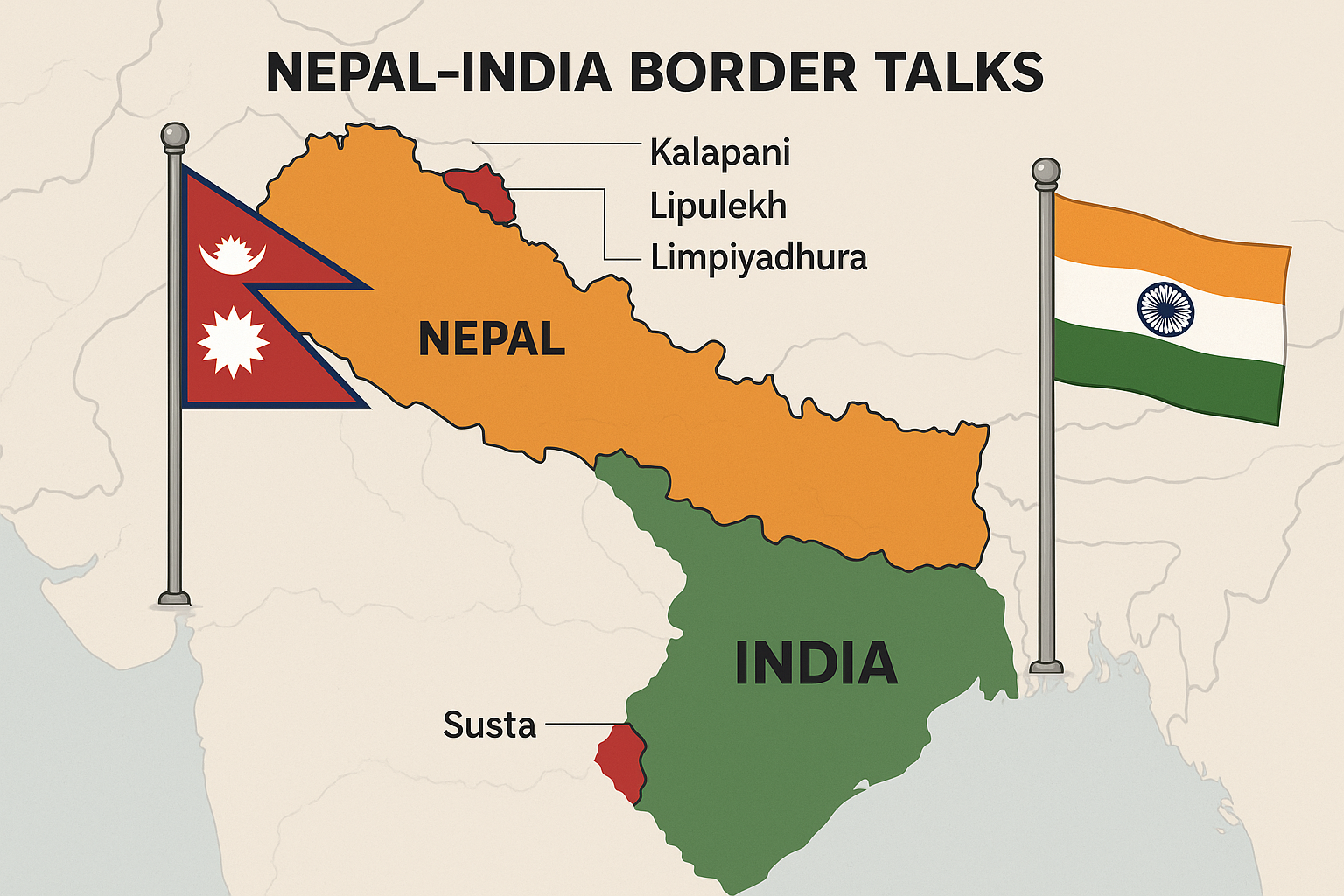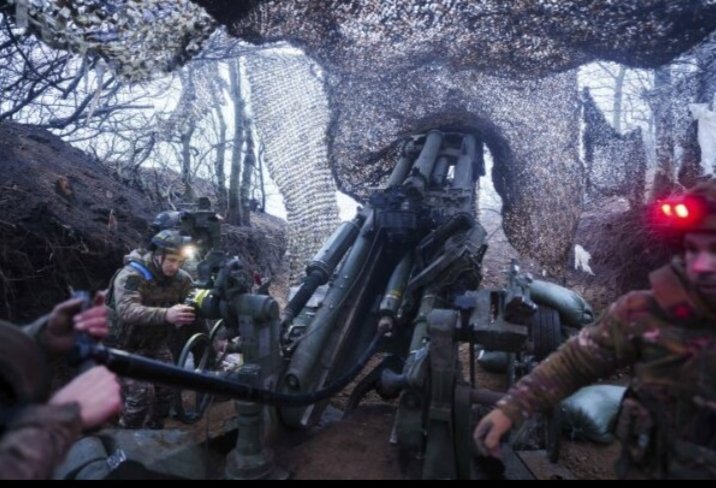In a significant diplomatic development, Nepal-India border will be resumed. They will restart bilateral boundary negotiations through the Boundary Working Group (BWG) from July 27 to 29 in New Delhi, following a prolonged six-year pause in formal discussions.
The resumption of talks comes amid renewed efforts from both governments to ease cross-border tensions, enhance technical cooperation, and address long-standing disputes, particularly in Kalapani, Lipulekh, Limpiyadhura, and Susta.
A Diplomatic Milestone After Years of Silence Nepal India Border
The BWG, a technical-level forum jointly formed in 2014, last met in 2019. Since then, political disputes—particularly Nepal’s publication of a revised map in 2020 asserting territorial claims over Kalapani and adjacent regions—led to a diplomatic freeze.
While informal communication channels remained active, no formal talks had taken place until now. This week’s meeting is expected to revive structured engagement and clear roadmaps for future cooperation.
What’s on the Table after Nepal India Border talks?
According to senior officials from both sides, the July 27–29 agenda includes:
Demarcating undefined border segments using satellite and cadastral data
Repairing and replacing damaged or missing border pillars
Verifying historical treaties and archival maps
Mitigating local cross-border disputes and encroachments
Establishing protocols to avoid future territorial disagreements
Sources close to the Nepali delegation say special emphasis will be placed on Kalapani–Limpiyadhura, which Nepal claims lies east of the Kali River as per the 1815 Sugauli Treaty.
Voices From the Field
> “This isn’t just about lines on a map. For border communities, it’s about identity, access to services, and belonging,” said Dhanraj Chaudhary, a local activist from Nawalparasi, near the disputed Susta area.
> “We hope both governments listen to voices from the ground—not just bureaucratic files.”
🧾 Political and Strategic Significance
The talks are seen as a litmus test for India–Nepal relations, which have seen both cooperation and tension in recent years. The outcomes could impact other areas such as border trade, infrastructure projects, hydropower cooperation, and regional security.
Analysts also note the geopolitical context, with both countries seeking to balance regional influence amid growing Chinese presence in South Asia.
What Next?
If the July meeting yields progress, officials suggest future rounds could upgrade to political-level negotiations involving foreign ministers or prime ministers. A joint communiqué is expected at the end of the session.


